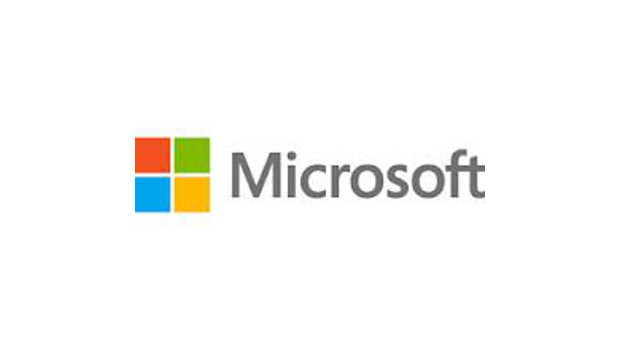Microsoft has adopted a new standard for cloud privacy that commits the company to protect the privacy of customers’ data, not to use it for advertisement purposes, and to inform the customer of legal requests for personal data.
The company said it was adopting the ISO/IEC 27018, published last year by the International Organisation for Standardisation (ISO) and the International Electrotechnical Commission (IEC), which outlines a common set of security categories and controls that can be implemented by a public cloud computing service provider acting as a processor of personally identifiable information.
Microsoft said the British Standards Institute had verified that both Office 365 and Dynamics CRM Online, in addition to Microsoft Azure, are in line with the standard’s code for the protection of personal data in the public cloud. Microsoft Intune was similarly certified by testing company Bureau Veritas.
Microsoft and other cloud companies have come under a cloud after revelations in 2013 by former US National Security Agency contractor, Edward Snowden, about large-scale surveillance by the agency.
Some Internet companies were charged with providing to the NSA real-time access to content on their servers, which the companies denied. There were also reports that the agency was tapping into communications links between the data centres of Yahoo and Google.
Microsoft, which has a legal dispute with the US government, which is demanding access to mails of an individual that are stored in Dublin, has previously said that the company was concerned about government attempts to use search warrants to force companies to turn over contents of communications of non-US customers that are stored exclusively outside the country.
Customers will only use services that they trust, wrote Microsoft General Counsel Brad Smith in a blog post.
Adherence to the ISO/IEC 27018 will not likely do away entirely with these issues. The new standard requires that law enforcement requests for disclosure of personally identifiable data must be disclosed to enterprise customers, but provides for the exception when such a disclosure is prohibited by law, under what are called “gag orders.”
More relevant for customers are likely to be Microsoft’s commitments to, among other things, process personally identifiable information according to instructions provided by the customer, adhere to security safeguards, and its policies regarding the return, transfer, and deletion of personal information stored in its data centres.
Microsoft promises under the new standard to let customers know where their data is, and identify the third party to customers if it works with other companies who need to access the customers’ data. “In addition, if there is unauthorised access to personally identifiable information or processing equipment or facilities resulting in the loss, disclosure or alteration of this information, we’ll let you know about this,” Smith wrote.
John Ribeiro, IDG News Service








Subscribers 0
Fans 0
Followers 0
Followers